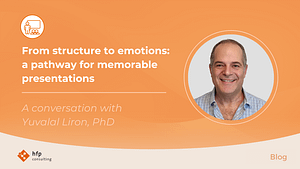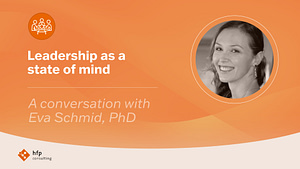Is there a shift in science culture, and do we even need one?
Nature recently reported on the first “Kindness in Science” Workshop, which was held at the University of Auckland, New Zealand, in December 2017. The initiators, the Kindness in Science Committee, are striving for a New Zealand based, yet globally scaling approach towards a kinder, more respectful, as well as more inclusive, scientific working culture. Overall, they want work in science to become more diverse, more sustainable, and, last but not least, more pleasant.
Tammy Stevens, one of the founders of the committee, explained one of the main goals of “Kindness in Science” as taking advantage of synergies within a collective in order to achieve a better scientific outcome. As an example she described her own research group, within which students and postdocs are working collaboratively for a common purpose while maintaining full responsibility as well as ownership of their respective research results. In case of problems, support is preferred over sheer criticism, constructive or not.
In addition, nature asked several scientists in different states of their scientific career about their personal experiences regarding kindness and respect within the Scientific community.
As a quintessence factor, several of them confirmed Stevens’ report. They, too, had come to the conclusion that more cooperative, inclusive approaches tended to be the more fruitful ones. In the long run, anyone would benefit from shared information, be it an ECR or a senior scientist, provided that collaboration was not regarded as a one-way street.
As one of the researchers pointed out, even Darwinism has changed its main paradigm from “survival of the fittest” to “survival of the most sympathetic” by now, even though this message has not apparently reached everyone’s desk yet. There is ample evidence that productivity of the individual worker will rise in a kind, compassionate and thoughtful work environment. And there is no reason why what holds true for any other kind of job should be any different when it comes to science.
In contrast, the “publish or perish” strategy, forcing scientists to rather publish questionable results than publish no results at all, is distinctly appointed as a source of trouble. Not only with respect to the quality of published results. Scarcity of grants evokes rude behaviour among those competing for them. A more polite and decent way of conduct within the scientific community, especially where publishing policies are concerned, might, in the long run, vastly improve the quality of scientific publications.
Others commented on the responsibility principal researchers bear for the general atmosphere and the conduct within their own research group. Or, as Binyam Mogessie from Bristol puts it: “As a principal investigator, you need to acknowledge that you have a responsibility for every person you hire.”
Emily Bernhard from Duke University sums up the main essence of the Kindness in Science approach in writing:
“There’s this idea that it’s OK to be an awful person as long as you are brilliant. But there are tons of people who are generous with their time or positive energy and who make academia work better.”
Now what do you think? Are kindness and a decent way of conduct in science worthwhile? Does it ‘pay off’ to be kind, or is it an invitation for scavengers bent on exploiting a colleague’s work for their own benefit? How much can a single person even contribute when it comes to the general atmosphere of a whole team? In how far is the group leader to be involved in order for any sort of Kindness approach to succeed?
Feel free to post your comments as well as your personal experiences. We’d be very interested to read them.
Kindness in Science was created, when Tammy Steeves and her cofounders came upon an essay about the subject by Emily Bernhart. The whole essay can be read here.
- Kendall Powell: Should we steer clear of the winner-takes-all approach? Nature 553, 367–369 (2018)
doi: 10.1038/d41586-018-00482-y





